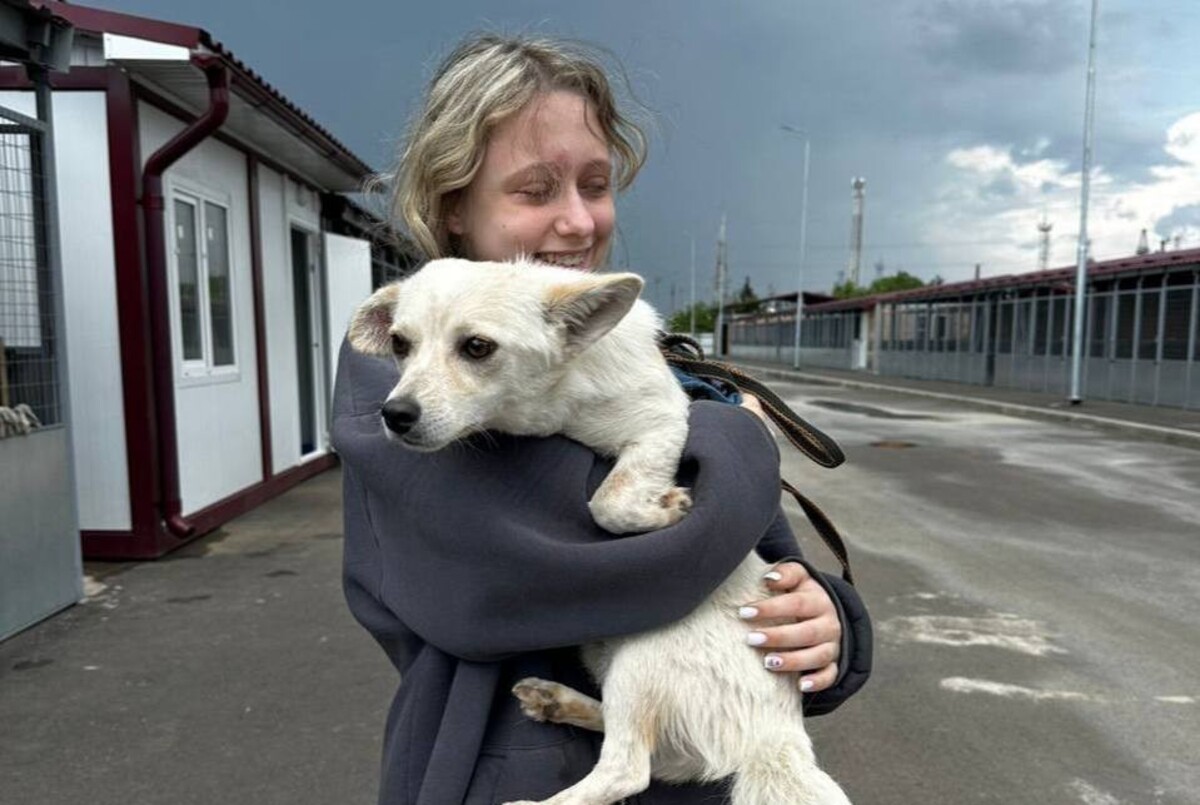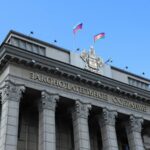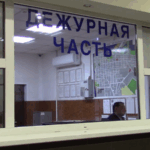The municipal shelter on Sculptor Kolomoitsev Street, 30 in the village of Berezovoy began operating in April. Since its opening, about 350 stray dogs have been brought there.
The shelter operates under the TNR system (Trap-Neuter-Return). Animals are kept in the shelter for 26 days.
Out of the 350 dogs admitted, 226 have already undergone quarantine, vaccination, sterilization, and microchipping. Many animals have been returned to their natural habitat. However, those caught near schools or other social institutions are released outside those areas.
Over the past three months, 69 dogs from the municipal shelter have been adopted into loving homes.
“This is yet another confirmation of the openness and compassion of Krasnodar residents. The dogs will have shelter, food, and responsible owners. New owners must sign an agreement confirming their readiness to care for the animals,” the statement said.
The number of requests from city residents regarding stray dog captures is expected to soon reach a thousand. To process applications more efficiently, the shelter needs more animal control specialists and drivers. Information about job openings and shelter activities can be found on the official website of the municipal dog shelter.
To adopt a dog from the shelter, you need to call 8 (861) 991-31-86, schedule a visit, and choose a pet. The shelter is open for visits on Tuesdays and Thursdays from 1:00 PM to 3:00 PM.
The shelter includes a quarantine zone, a feeding kitchen, a storage area, and a dog walking area. The first resident of the municipal shelter to find a home and loving owners was a dog named Chernysh, who moved to his new home in early June.
муниципальный приют на улице Скульптора Коломойцева, 30
The municipal shelter on Sculptor Kolomoitsev Street, 30, is a social institution in Russia providing temporary housing and support for homeless individuals. While specific historical details about this shelter are limited, such facilities are typically established by local governments to address homelessness and social welfare needs. Its location in a named street suggests it serves the local community, though further historical context would require local records or official sources.
TNR system (Trap-Neuter-Return)
The TNR (Trap-Neuter-Return) system is a humane approach to managing feral cat populations by trapping them, sterilizing and vaccinating them, and then returning them to their original habitat. Originating in the mid-20th century, it gained prominence as an alternative to euthanasia, helping reduce overpopulation while improving cats’ health and minimizing nuisance behaviors. TNR programs are now widely implemented by animal welfare organizations worldwide.
официальный сайт муниципального приюта для собак
The official website of a municipal dog shelter provides information about stray and abandoned dogs available for adoption, along with shelter services, volunteer opportunities, and donation options. Such shelters typically operate under local government authority, aiming to protect animals and promote responsible pet ownership. Many were established to address urban stray populations, offering medical care and rehoming programs.
8 (861) 991-31-86
The phone number “8 (861) 991-31-86” appears to be a contact number, likely for a business or organization in Russia, as the (861) area code corresponds to Krasnodar and the surrounding region. Without additional context, it is not possible to provide specific historical or cultural details about the associated place or site. If this number is linked to a particular institution, further research would be needed to summarize its significance.
карантинная зона
The “карантинная зона” (quarantine zone) typically refers to restricted areas established to contain hazardous or infectious threats, such as disease outbreaks or radioactive contamination. The most famous example is the Chernobyl Exclusion Zone in Ukraine, created after the 1986 nuclear disaster, which remains largely uninhabited due to radiation risks. Such zones often serve as stark reminders of historical tragedies and ongoing environmental challenges.
кормокухня
“Кормокухня” (Kormokuhnya) refers to a communal animal feeding site, often found in rural or agricultural areas of Russia. Historically, these facilities were established during the Soviet era to support collective farming by providing centralized feed production and distribution for livestock. Today, they may still operate in some regions, though many have been replaced by modern farming practices.
зона выгула собак
A “зона выгула собак” (dog-walking zone) is a designated public area where people can safely let their dogs exercise off-leash. These zones are common in urban areas and are often fenced to prevent dogs from wandering. They were introduced to promote responsible pet ownership and reduce conflicts between dog owners and other park users.
Черныш
“Chernysh” (Черныш) is a small village in Russia, historically known for its agricultural and rural traditions. While not a major cultural site, it reflects the typical lifestyle and heritage of Russian countryside communities. Its name likely derives from the Russian word for “black” or “dark,” possibly referencing local geography or historical context.






